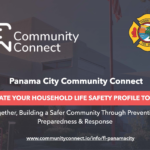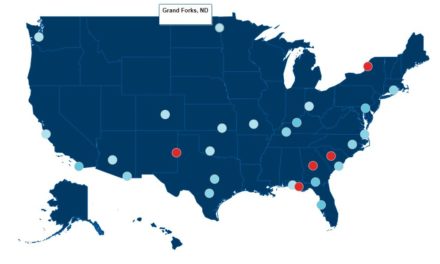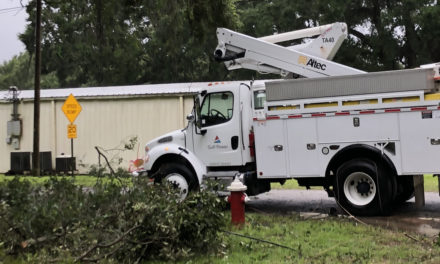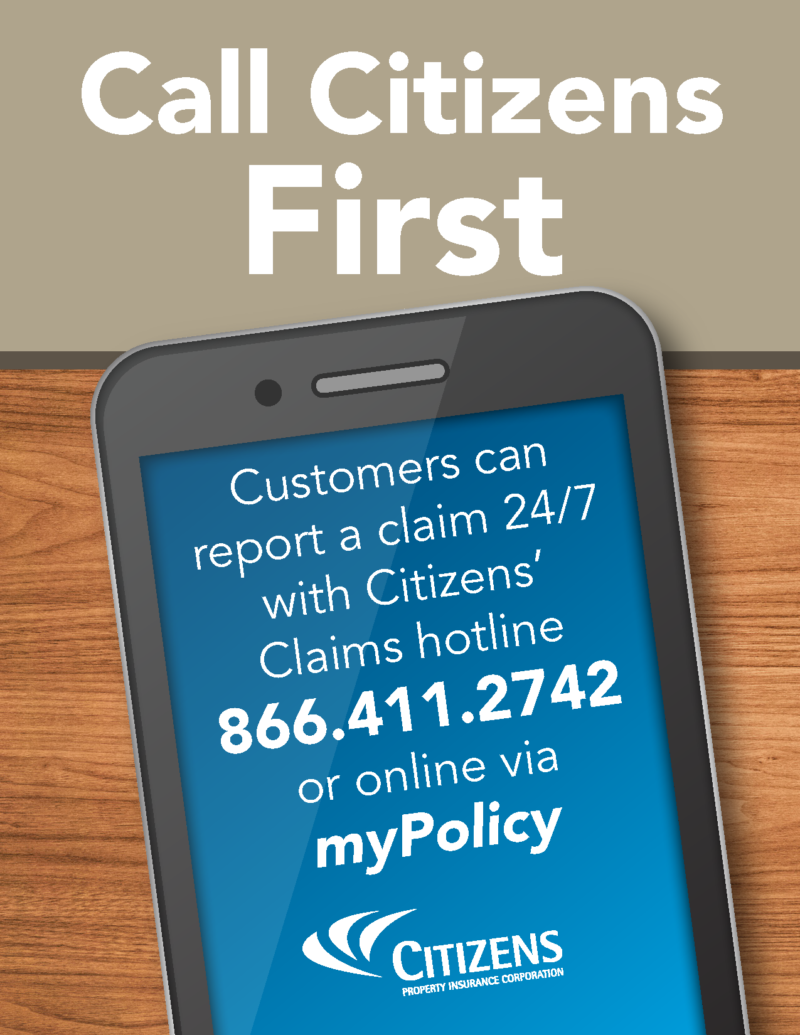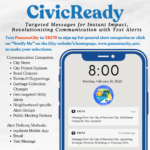
West Nile Virus Human Case Confirmed In Bay County
Panama City, Florida — The Florida Department of Health in Bay County (DOH-Bay) is advising residents of an increase in mosquito-borne disease activity in areas of Bay County. A human case of West Nile virus infection is confirmed.
This is the first human case of mosquito-borne illness in Bay County in 2019. Bay County Mosquito Control, Beach Mosquito Control District, and DOH-Bay continue surveillance, prevention, and education efforts.
Fortunately, most people infected with West Nile Virus do not feel sick. About 1 in 5 people who are infected develop a fever and other symptoms such as headache, pain, and fatigue. Mild infections are typically overcome with little or no medical intervention within a matter of weeks. Less than one-percent of infected people develop a serious, sometimes fatal, illness. Symptoms typically appear between two and 14 days after the bite of an infected mosquito. People over the age of 60 and individuals with weakened immune systems are at an increased risk for severe disease.
In June, DOH-Bay issued the mosquito-borne illness advisory following two cases of Eastern Equine Encephalitis (EEE) in horses. The advisory was reinforced in July after a flock of sentinel chickens tested positive for the virus.
DOH-Bay reminds residents and visitors to avoid being bitten by mosquitoes and to take basic precautions to help limit exposure.
To protect yourself from mosquitoes, you should remember to “Drain and Cover”:
DRAIN standing water to stop mosquitoes from multiplying.
- Drain water from garbage cans, house gutters, buckets, pool covers, coolers, toys, flower pots or any other containers where sprinkler or rain water has collected.
- Discard old tires, drums, bottles, cans, pots and pans, broken appliances and other items that aren’t being used.
- Empty and clean birdbaths and pet’s water bowls at least once or twice a week.
- Protect boats and vehicles from rain with tarps that don’t accumulate water.
- Maintain swimming pools in good condition and appropriately chlorinated. Empty plastic swimming pools when not in use.
COVER skin with clothing or repellent.
- Clothing – Wear shoes, socks, and long pants and long-sleeves. This type of protection may be necessary for people who must work in areas where mosquitoes are present.
- Repellent – Apply mosquito repellent to bare skin and clothing.
-
- Always use repellents according to the label. Repellents with DEET, picaridin, oil of lemon eucalyptus, para-menthane-diol, and IR3535 are effective.
- Use mosquito netting to protect children younger than 2 months old.
Tips on Repellent Use
- Always read label directions carefully for the approved usage before you apply a repellent. Some repellents are not suitable for children.
- Products with concentrations of up to 30 percent DEET (N, N-diethyl-m-toluamide) are generally recommended. Other U.S. Environmental Protection Agency-approved repellents contain picaridin, oil of lemon eucalyptus, para-menthane-diol, or IR3535. These products are generally available at local pharmacies. Look for active ingredients to be listed on the product label.
- Apply insect repellent to exposed skin, or onto clothing, but not under clothing.
- In protecting children, read label instructions to be sure the repellent is age-appropriate. According to the Centers for Disease Control and Prevention (CDC), mosquito repellents containing oil of lemon eucalyptus should not be used on children under the age of three years. DEET is not recommended on children younger than two months old.
- Avoid applying repellents to the hands of children. Adults should apply repellent first to their own hands and then transfer it to the child’s skin and clothing.
- If additional protection is necessary, apply a permethrin repellent directly to your clothing. Again, always follow the manufacturer’s directions.
COVER doors and windows with screens to keep mosquitoes out of your house.
- Repair broken screening on windows, doors, porches, and patios.



